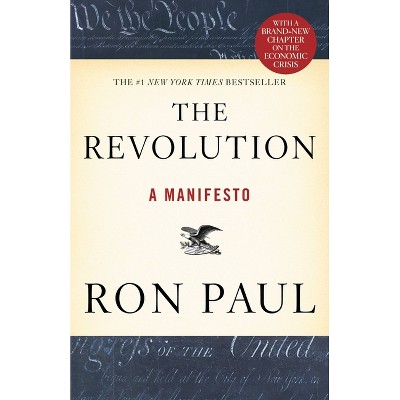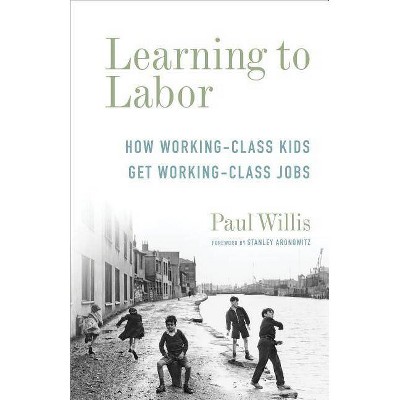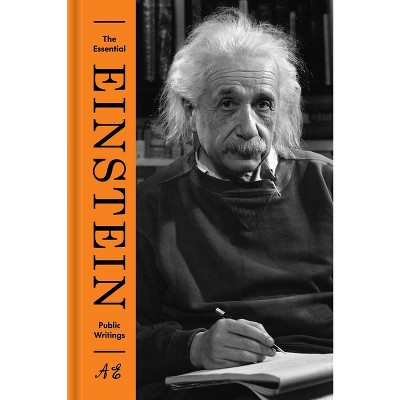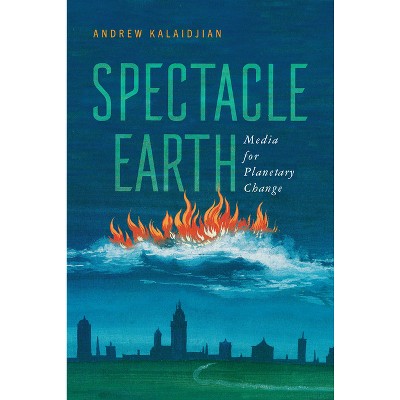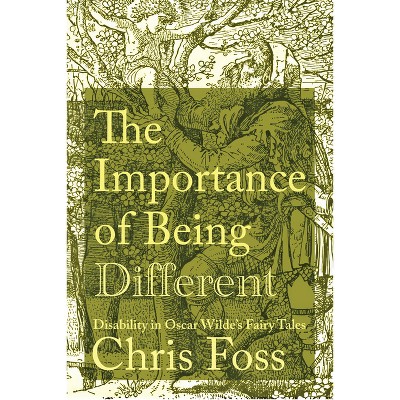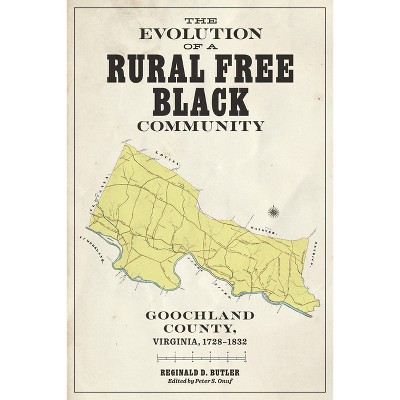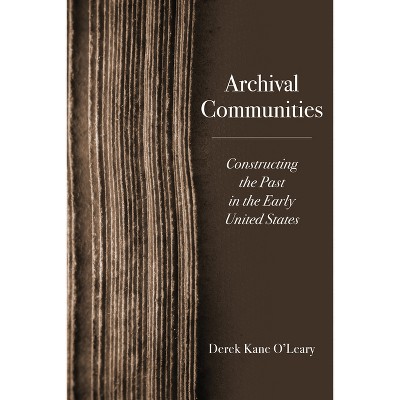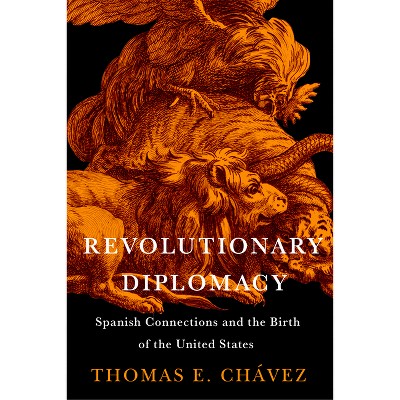Sponsored

For the People, for the Country - by John A Ragosta
In Stock
Sponsored
About this item
Highlights
- In 1799, at the behest of President George Washington, Patrick Henry came out of retirement to defend the Constitution that he had once opposed and to thwart Thomas Jefferson and James Madison, whom Washington accused of putting party over country and threatening the fragile union.
- About the Author: John A. Ragosta is a Virginia Humanities fellow, frequent lecturer, and the author, among other works, of Religious Freedom: Jefferson's Legacy, America's Creed.
- 304 Pages
- History, United States
Description
About the Book
"In 1799, at the behest of President George Washington, Patrick Henry came out of retirement to defend the Constitution that he had once opposed and to thwart Thomas Jefferson and James Madison, whom Washington accused of putting party over country and threatening the fragile union. For the People, For the Country tells the story of how the most eloquent public speaker of the American Revolutionary era and a leading antifederalist during debates over ratification of the Constitution re-emerged on the side of the Federalists and once again changed history"--Book Synopsis
In 1799, at the behest of President George Washington, Patrick Henry came out of retirement to defend the Constitution that he had once opposed and to thwart Thomas Jefferson and James Madison, whom Washington accused of putting party over country and threatening the fragile union. For the People, For the Country tells the remarkable story of how the most eloquent public speaker of the American Revolutionary era and a leading antifederalist during debates over ratification of the Constitution reemerged on the side of the federalists and once again changed history.
Much more than a fire-breathing demagogue, the Patrick Henry we encounter here comes to life as a principled leader of the young nation who believed above all in working with a government elected by the people, advocating for political change in "a constitutional way"--at the ballot box. A gripping narrative, this book will change long-held views of this great Founding Father.
Review Quotes
A compelling recasting of Henry as an institutional patriot. Ragosta makes a persuasive case for his importance as a counterexample to the oft-cited understanding of the legacy of the Revolution
--Mary Sarah Bilder, Boston College Law School, author of Female Genius: Eliza Harriot and George Washington at the Dawn of the ConstitutionJohn Ragosta has given us an important and compelling book about a critical man and a critical question: Patrick Henry and the nature of loyalty within a constitutional republic. If American democracy is to long endure, dissent and disagreement must be resolved with the ballot and the law--not with violence and passion. So Henry came to believe, and so must we. Ragosta's revealing account is a powerful contribution to the literature of the early republic and to the debates of our own time.
--Jon Meacham, Rogers Chair in the American Presidency, Vanderbilt University, author of The Soul of America: The Battle for Our Better AngelsRepublics are fragile. That is For the People, For the Country's especially timely reminder. Moving beyond the typical recounting of the tumultuous partisan fights in the 1790s between the Jeffersonians and Hamiltonians, Ragosta highlights, with sharp insight, the little-noted but pivotal role that Patrick Henry played in holding together the American Union in 1799, when it seemed that partisan bickering would put an end to the American experiment. This is a story that Americans today should know about and take to heart.
--Annette Gordon-Reed, Harvard University, author of The Hemingses of Monticello: An American FamilyA compelling study of Henry's political philosophy and acumen at a perilous moment in American history.--North Carolina Historical Review
A timely and topical book. It is a rousing retelling of a forgotten act by one of America's founders. It reminds us that polarization and partisanship are not new. And it also reminds us that the actions of one person, if they are the right person, can change the course of events, pulling a nation back from the brink and ensuring that future generations will enjoy the liberty that Henry fought so hard to preserve in 1775 and in 1799.--The Journal of American History
Even the most ideologically divided politicians can come together to defend a republic of the people, for the people, and by the people. This ideal is what sets For the People, For the Country apart from other works. For all the flaws the Constitution may or may not have, it is the most supreme law of the land. Patrick Henry, while not necessarily agreeing with the text, acknowledged the importance of the document, fighting against it within the confines of the law instead of outside of it, and without calling for secession, nullification, or partisanship. Though this book is not exclusively focused on Henry, it highlights the significance of a warrior for 'liberty, ' not 'license, ' or the freedom to do whatever you want (p. 212). In the end, as in the beginning, Ragosta illustrates, Patrick Henry fought for the United States of America, not an ideology.--Journal of the American Revolution
Henry's message of electoral patience and forbearance--a far cry from the "liberty or . . . death" belligerence often associated with Henry--has clear relevance for political polarization in the twenty-first century (p. x). Ragosta makes the point explicitly in the book's introduction and epilogue. It is an important, well-timed corrective.--Journal of Southern History
Mr. Ragosta's persuasive and insightful book reminds us that opposition without loyalty to the government becomes lawlessness and riot, unworthy of those who created our republic.--Wall Street Journal
Ragosta, in a brilliant recuperation of Henry's reputation and a nod toward the politics of today, shows that like Washington, Henry feared that partisanship threatened the foundations of the republic.--Carl Rollyson, New York Sun
About the Author
John A. Ragosta is a Virginia Humanities fellow, frequent lecturer, and the author, among other works, of Religious Freedom: Jefferson's Legacy, America's Creed.
Shipping details
Return details
Frequently bought together


Trending Non-Fiction






